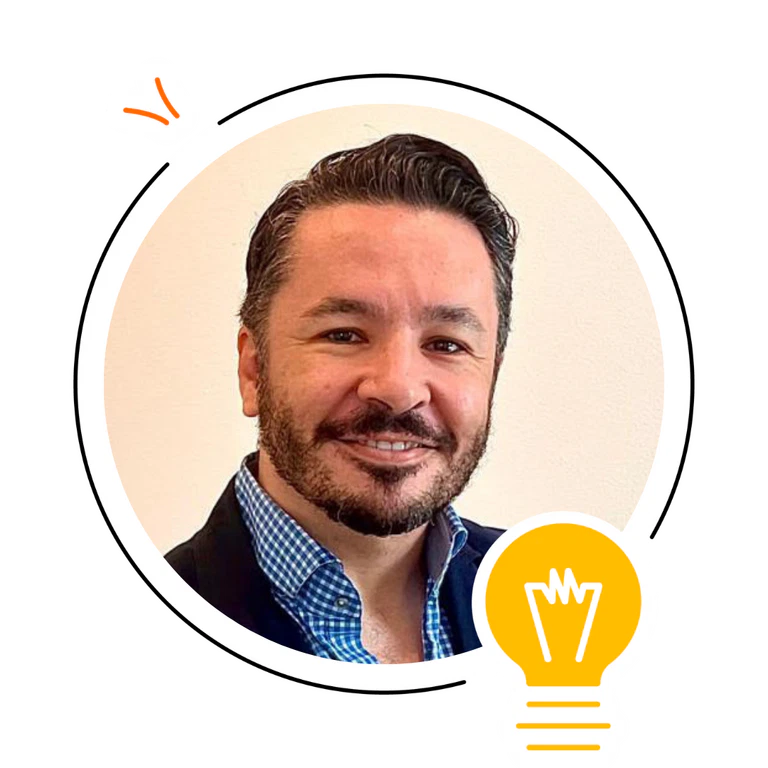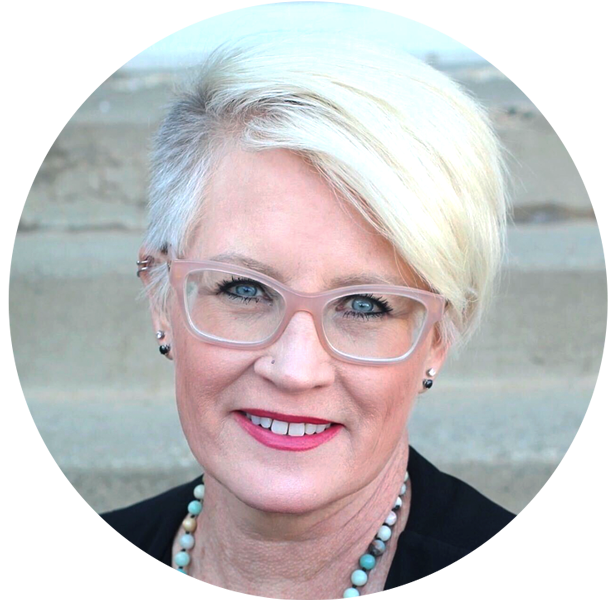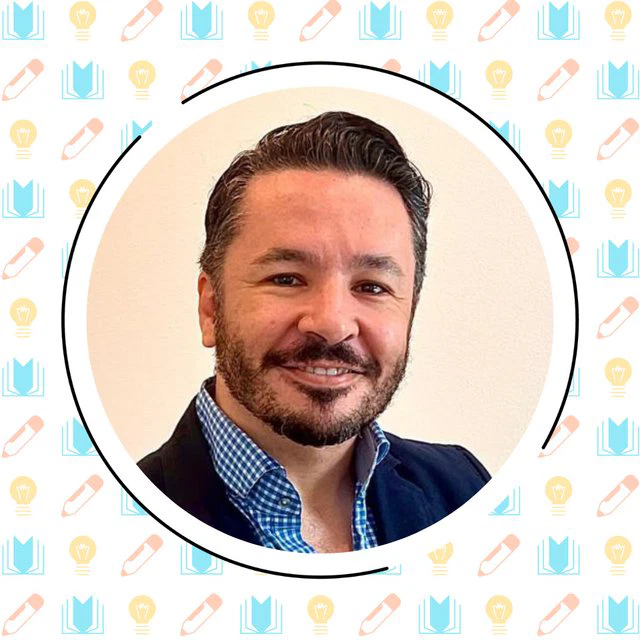Meet Our Guest(s):

Francisco Usero-González, Ph.D.
Francisco Usero-González, Ph.D., has several bachelor’s degrees in education, as well as a master’s degree in teaching Hispanic language and culture and a doctorate in curriculum and instruction. His research interest surrounds multilingual and multicultural education and its different models, programs, and interventions at all levels. He is particularly interested in examining culturally and linguistically responsive approaches to help Hispanic bilingual students’ education and development, and the influence of sociocultural factors on family engagement in diverse school communities through the innovative use of instructional technology. Through his scientific training and teaching experience—nationally and internationally—he increased his knowledge of biliteracy program design and implementation. He has participated in national and international educational conferences and published several papers in international educational journals.
Meet our host, Susan Lambert
Susan Lambert is the Chief Academic Officer of Elementary Humanities at Amplify, and the host of Science of Reading: The Podcast. Her career has been focused on creating high-quality learning environments using evidence-based practices. Lambert is a mom of four, a grandma of four, a world traveler, and a collector of stories.
As the host of Science of Reading: The Podcast, Lambert explores the increasing body of scientific research around how reading is best taught. As a former classroom teacher, administrator, and curriculum developer, Lambert is dedicated to turning theory into best practices that educators can put right to use in the classroom, and to showcasing national models of reading instruction excellence.

Quotes
“We need to promote collaboration, because we need to talk to the different teachers that the student has in order to see if it is indeed a second language acquisition issue, or it belongs to the patterns, the symptoms, that a student with dyslexia might have.”
“It is very important for us to have this communication with parents and teachers and have them as our best allies. They are going to give us a lot of information that we maybe cannot track during our classroom time.”
“Dyslexia is something beyond a language. It is something that our students bring with themselves. We need to give them all the tools and resources in order to help them overcome those symptoms.”
